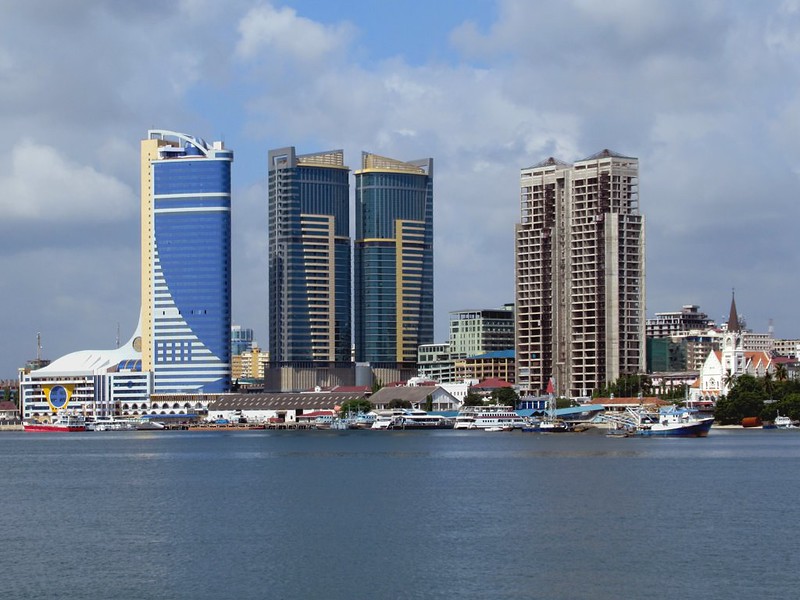
Research question
Tanzania’s Export Processing Zones (EPZs) seek to attract new export-oriented foreign and local investments to create international competitiveness for export-led economic growth. The Special Economic Zones (SEZs) aim to help transform Tanzania into a globally competitive country by accelerating domestic production, promoting exports and generating employment. The EPZ/SEZ programmes thus have the potential to become effective industrial policy instruments for the government’s renewed industrialisation efforts. However, unproductive rent seeking and corruption presently weaken that potential. What are the corruption vulnerabilities in the existing EPZ/SEZ tax incentive schemes, and are they attracting the right investments in Tanzania?
Project summary
Building on the East Asian model, Export Promotion Zones (EPZ) and Special Economic Zones (SEZ) have received widespread support across Africa. We analyse why the governance of tax incentives is challenging in Tanzania, in the context of the East Africa Community (EAC) custom union. We then look into how, by reviewing processes, conditionalities and criteria for investment licencing, the EPZ Authority can select more productive companies, who are interested in benefiting from the incentives, rather than in rent-seeking opportunities emerging from the EPZ/SEZ schemes.
We follow a two-stage research approach. First, we conduct an in-depth rents analysis of the EPZ/SEZ regulatory framework and governance structure – including specific incentives, conditionalities and their enforcement (e.g. production formula) – and potential conflicts arising in their implementation among institutions at the national and regional levels. Second, in close collaboration with the EPZ Authority in Tanzania, we also develop a unique data panel for all the companies receiving an EPZ/SEZ licence over the last decade since the creation of the scheme, and assess how different types of companies have made use of the scheme given their different capabilities.
Early findings and policy implications suggest that improving the governance of the EPZ/SEZ schemes to increase productivity and reduce corruption will mean addressing regulatory inconsistencies, closing procedural loopholes, re-aligning and differentiating incentives for companies, and changing the parameters for granting EPZ/SEZ licences.
Partners
Antonio Andreoni (SOAS), Ole Therkildsen (DIIS), Deo Mushi (University of Dar Es Salaam).







